🦈Manufacturing Monsters – How Hollywood Demonised Sharks🎥
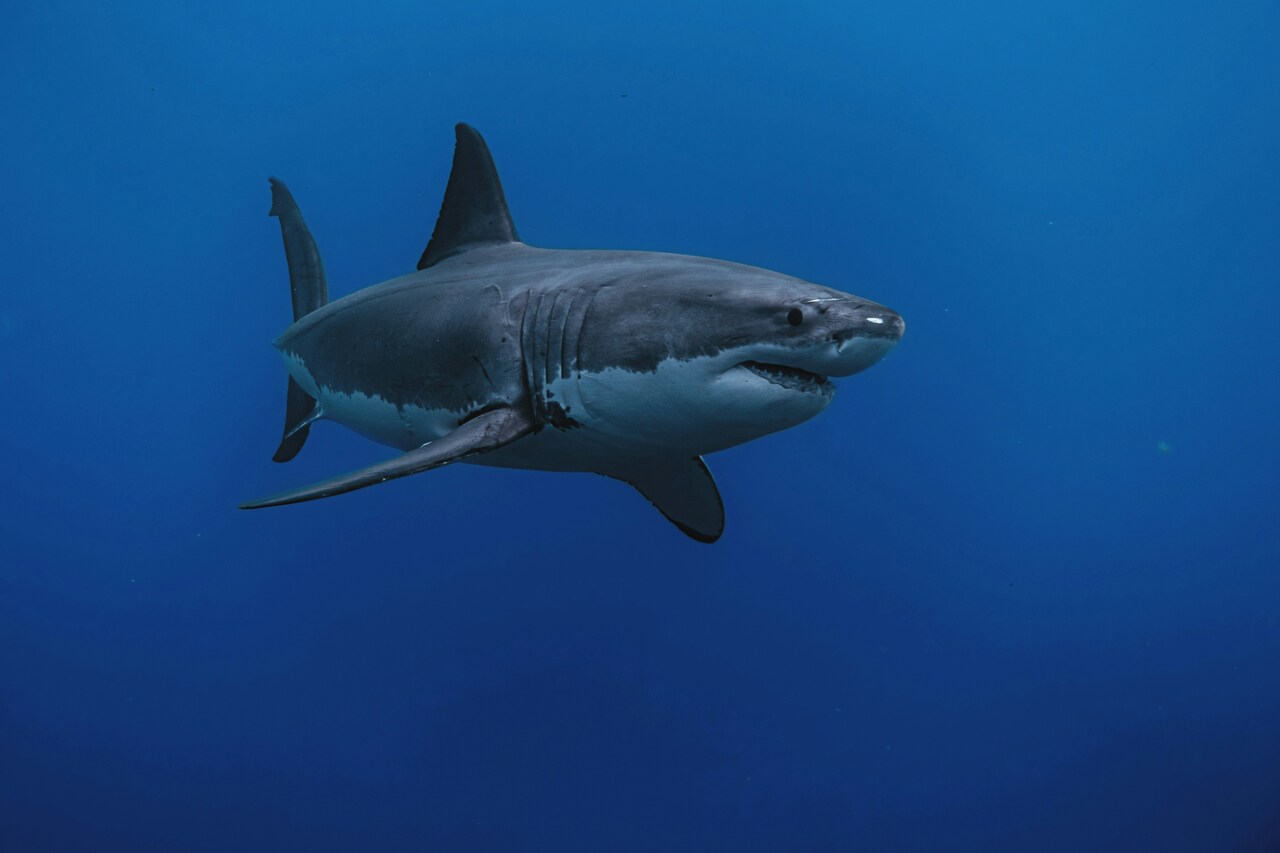
For centuries, our understanding of the ocean has been shaped not only by science but by stories, myths, literature, and visual media. While many narratives celebrate the beauty and mystery of marine creatures, a significant number portray marine predators in an ominous and threatening light. Such portrayals have had profound real-world consequences, affecting conservation efforts, fishing practices, and public perception, often to the detriment of entire ecosystems.
When it comes to marine animals depicted in a negative light, few suffer more than sharks. The widespread cultural fear originated with Peter Benchley’s 1974 novel, Jaws, and was further perpetuated the following year with Steven Spielberg’s film adaptation. The story of a great white shark terrorising a sleepy beach town captivated audiences, but also overshadowed the reality that sharks are complex, vital, and endlessly fascinating creatures of the ocean.
Most authors dream of their work having a widespread, lasting impact, but Benchley later regretted his novel. In an interview, he admits, “What I know now, which wasn’t known when I wrote Jaws, is that there is no such thing as a rogue shark.”
In a recent article for the Blue Planet Society, Sarah Eager takes a deeper look at how Hollywood has demonised sharks and the tremendous impact it has had on these essential ecosystem engineers.
👇 Read the article here:
https://blueplanetsociety.org/manufacturing-monsters-how-hollywood-demonised-sharks/
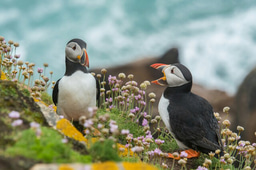
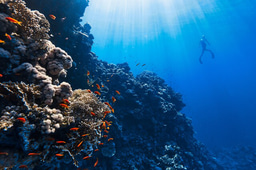
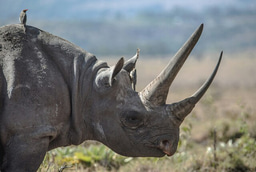
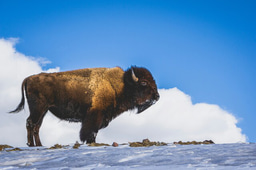
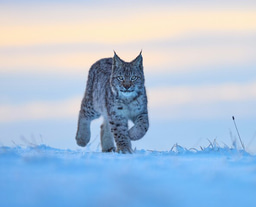
Please sign in or register for FREE
If you are a registered user on WildHub, please sign in
🦈 Thank you for sharing this powerful reflection, Flavia. It’s eye-opening to see how deeply media narratives have shaped our collective fear of sharks, and how those portrayals have real consequences for conservation. I’ve never seen a shark in real life, but I’ll admit that most of the movies I’ve watched made them seem terrifying! It’s fascinating (and a bit sobering) to learn that this fear was largely manufactured, and that even Peter Benchley came to regret the impact of his story.
I’m curious, how do you think we can shift public perception and storytelling to highlight sharks as vital ecosystem engineers rather than villains? Are there examples of media or campaigns that have done this well?
Thanks again for helping us rethink the power of narrative in conservation. 🌊
There are quite a few marine conservationists who have dedicated their life to change the public perception of sharks, someone I have been following for years is Cristina Zenato. She did a podcast on this, here: https://forcesfornature.com/podcast/changing-the-perception-about-sharks-with-cristina-zenato/
Educating people about sharks and debunking myths & misconceptions are key. I know there are programs that incorporate shark literacy in schools to help break the "cycle of fear". For example see The Shark Trust or Save Our Seas Foundation programs.
Personally, I am a big fan of documentaries as tools to humanise and celebrate sharks. Sharkwater by Rob Stewart is a widely credited documentary with changing global perception of sharks and sparking anti-finning laws. This is a favourite of mine and one of the first documentaries I watched that made me re-think my fear of sharks!
David Attenborough has also contributed to show sharks as critical players in the marine ecosystem while educating the public about sharks with accurate, science-based storytelling (See Blue Planet II, by the BBC).
More on how persecution affects sharks here: https://saveourseas.com/worldofsharks/threats/persecution
Thank you, Flavia,
I'll be sure to check them out.
Thank you Flavia for highlighting the work at the Shark Trust!
Our communication and education work focuses a lot on this. Turning public perception towards fascination of elasmobranchs, and encouraging behaviour change and support for conservation. We have developed a communication toolkit that can be used for all marine conservation (not just sharks) to ensure that the way we talk about marine life, the threats they face, and how we can support their conservation, is having the desired impact. Sometimes you can say things that you think is helping but its actually having the complete opposite effect. So this toolkit is to help people create communication with impact.
It identifies the traps that we often fall into, how to avoid them, and then plan and assess the communications we are putting out.
Storytelling and the use of metaphor will always be extremely important, and balancing that with scientific evidence is how we can make positive change!
Thank you so much, Mark! This is a fantastic toolkit and definitely food for thought!
It’s so easy to fall into those communication traps (myself included). In fact, I’ve just realised that using a phrase like “man eaters” above is probably not the best choice of words 🫣 Editing now, haha. It just shows how deeply embedded some of these narratives are, and how easily language can reinforce harmful perceptions without us even meaning to. It’s incredible how much impact words can have, they really can shape (or damage) the way a species is viewed.
You’re very welcome to share the toolkit in our Marine Conservation room under resources. It sounds like something that could benefit so many of us, especially as the principles clearly extend beyond sharks to a wide range of marine species. It would be a fantastic resource for the broader conservation community.
Loved the article! And not just movies, some books, unfortunately, have also shaped this mindset. I think conservation education should seriously work on breaking down these myths and biases.
Agree! Public education is vital.
I haven't read it myself, but I heard that Why Sharks Matter: A Deep Dive with the World's Most Misunderstood Predator by David Shiffman is a good read.
Haven't read this one. I'll check it out. Thank you, Flavia!